A University of Queensland (UQ) research team is seeking to tackle hybrid renewable integration challenges by expanding the capabilities of its hardware-in-the-loop (HIL) pre-commissioning platform that allows the real-world limits, stability and control systems of large-scale renewable projects to be tested before they are built.
Associate Professor Richard Yan from UQ’s School of Electrical Engineering and Computer Science said the project seeks to de-risk the commissioning process for hybrid power plants, leading to a decrease in the cost and time required to achieve successful grid connection.
“Hybrid energy sources are an essential part of the transition to renewable energy in Australia, but integrating these systems effectively is a complex challenge,” he said.
“The current testing approach often involves time-consuming simulations under limited conditions, which can lead to problems during the commissioning phase. The expansion of our established HIL testing platform will allow us to simulate real-life scenarios, identifying potential issues earlier.”
Renewable projects have historically relied on software-based simulations to test their systems before building the infrastructure, with models often not properly tested and validated against hardware until after they are built into the grid. This can lead to issues arising during the commissioning phase of a project, which can add time and cost, or result in curtailment of allowable output.
The HIL platform, developed in collaboration with electrical engineering contractor EPEC Group and supported by the Australian Renewable Energy Agency (ARENA), brings control hardware together with software simulations of passive components to ensure renewable energy generators are tested under real conditions before they go live.
Recently deployed on a 50 MW solar project, the HIL platform identified more than 15 integration and control system issues before grid connection with the researchers saying this reduced commissioning time by approximately five months.
Yan said expanding the capabilities of the HIL platform for use in hybrid project design and validation will eliminate several delays in the process and increase the expediency of the connection and delivery of projects for the clean energy transition.
“By identifying stability issues before commissioning, we can significantly reduce the risk of delays and unexpected costs,” he said. “This approach will streamline the process of connecting renewable energy plants to the grid, supporting Australia’s energy transition.”
The research team said the expanded HIL platform will be used to assess hybrid project controller stability under a wide range of operating conditions. Performance data will be collected, analysed, and used to determine the stability region and enable controller tuning. The results will then be synthesised into an automation tool and tested on a real-world HRPP to validate the performance of the controller design.
“This approach will enable instabilities to be identified in the pre-commissioning phase,” the researchers said. “Project controller design issues can then be addressed earlier in the development, with less cost and delay than finding these instabilities later in commissioning or operations.”
ARENA business development and transactions director Carl Christiansen said hybrid renewable generation and energy storage projects are becoming more prevalent in Australia but noted they include a greater number of control parameters and operational scenarios that need to be managed.
“We are seeing a strong market trend towards hybrid generators in Australia, which combine both grid-following and grid-forming technologies,” he said. “However, the grid connection approval process remains a key challenge.”
“This project will help accelerate the connection approval process and, in doing so, accelerate deployment of new renewable generation capacity into the system.”
The UQ Control Design for Hybrid Renewables Study, expected to run until April 2027, is a collaboration between UQ and key industry partners including EPEC, Queensland network operator Powerlink, the Australian Energy Market Operator (AEMO), and the Australian arm of German power electronics specialist SMA.
This content is protected by copyright and may not be reused. If you want to cooperate with us and would like to reuse some of our content, please contact: editors@pv-magazine.com.
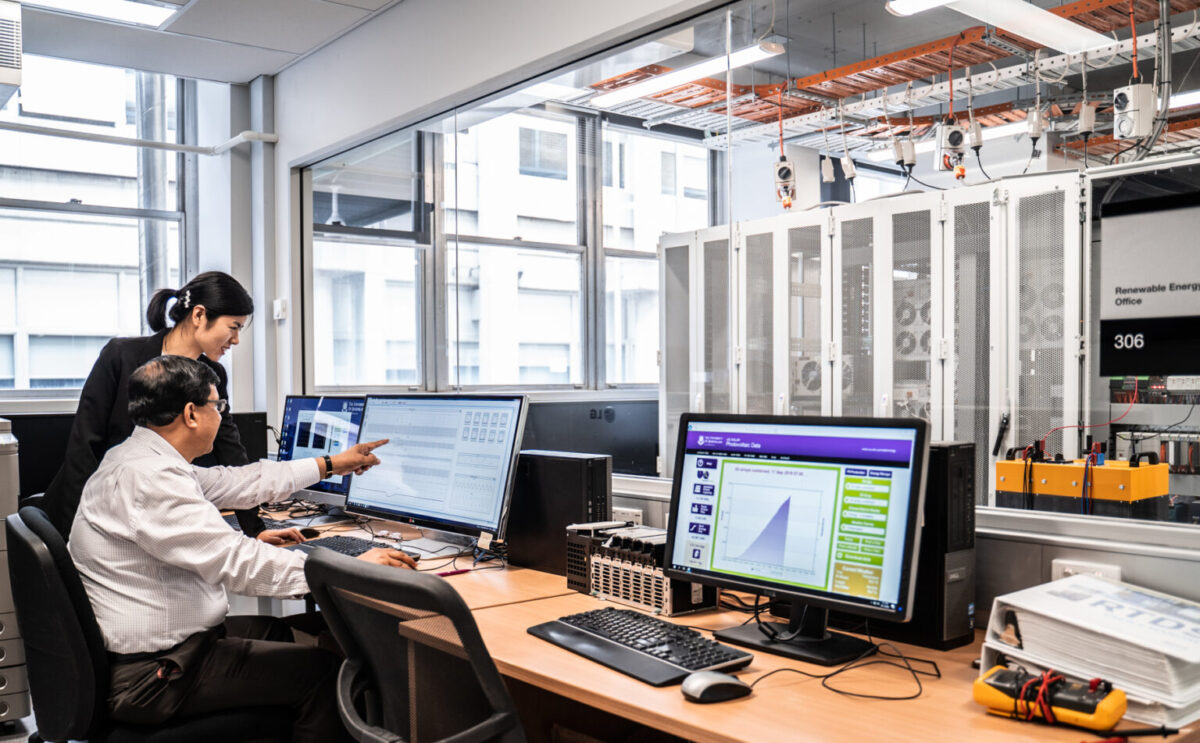
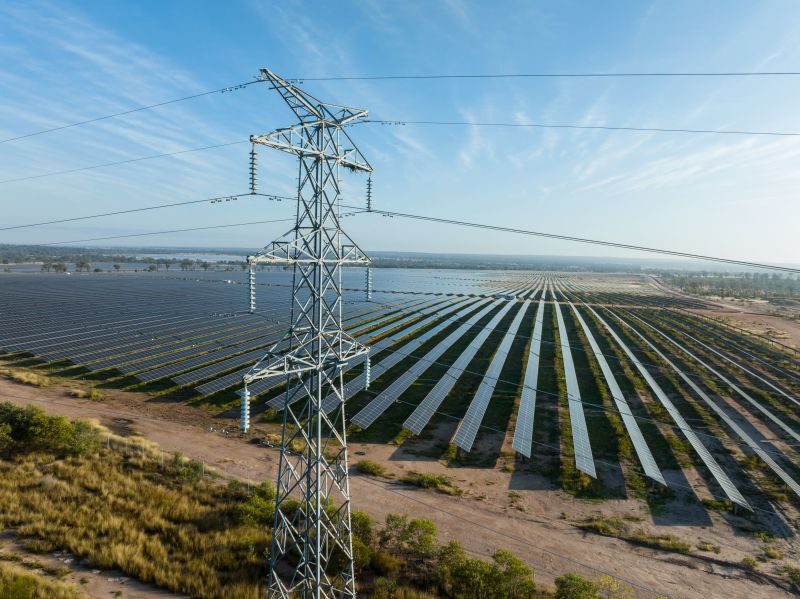


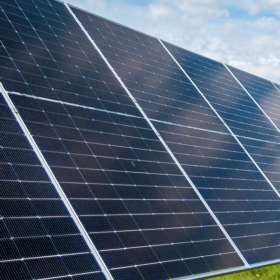

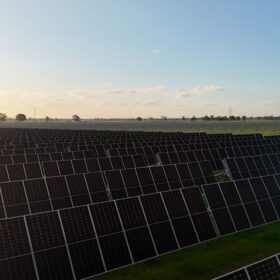

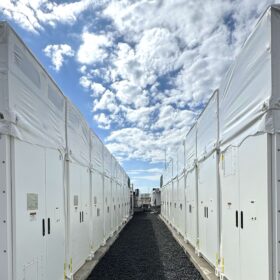
By submitting this form you agree to pv magazine using your data for the purposes of publishing your comment.
Your personal data will only be disclosed or otherwise transmitted to third parties for the purposes of spam filtering or if this is necessary for technical maintenance of the website. Any other transfer to third parties will not take place unless this is justified on the basis of applicable data protection regulations or if pv magazine is legally obliged to do so.
You may revoke this consent at any time with effect for the future, in which case your personal data will be deleted immediately. Otherwise, your data will be deleted if pv magazine has processed your request or the purpose of data storage is fulfilled.
Further information on data privacy can be found in our Data Protection Policy.